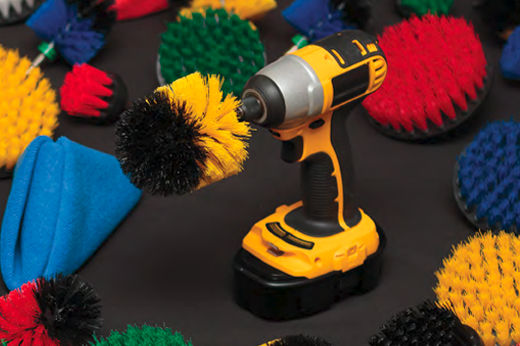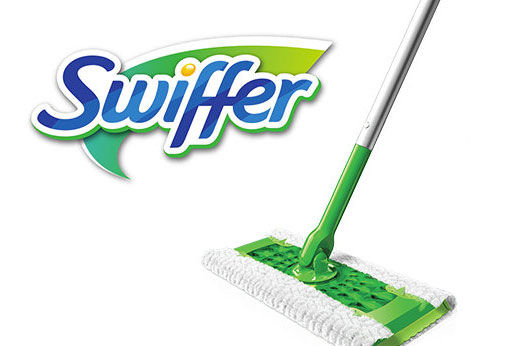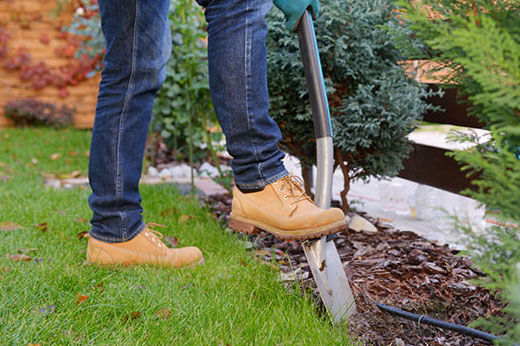While do-it-yourself projects can be fun and fulfilling, there is always a potential for personal injury or property damage. We strongly suggest that any project beyond your abilities be left to licensed professionals such as electricians, plumbers, and carpenters. Any action you take upon the information on this website is strictly at your own risk, and we assume no responsibility or liability for the contents of this article.
How to Choose the Right Shop-Vac
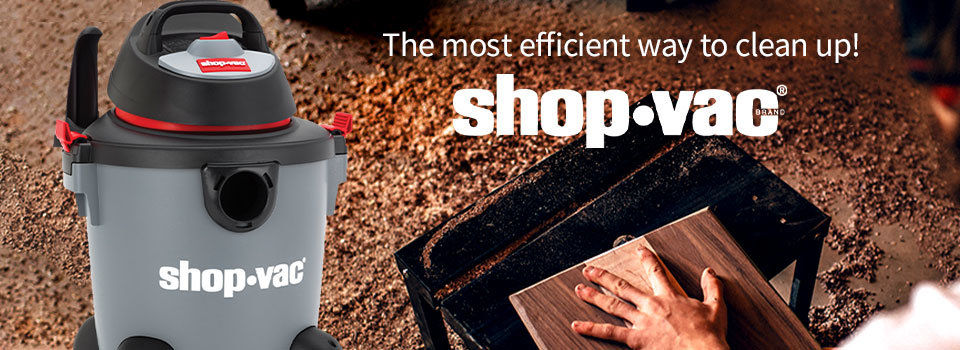
When looking to buy a Shop-Vac vacuum there are a few things you should take into consideration. There are many different style of Shop-Vacs available, one for your business, one for your home, and even one to clean up your car, but which one is right for you? Our handy guide will walk you through different things to take into consideration before making your purchase.
1. Determine the Size/Capacity You'll Need
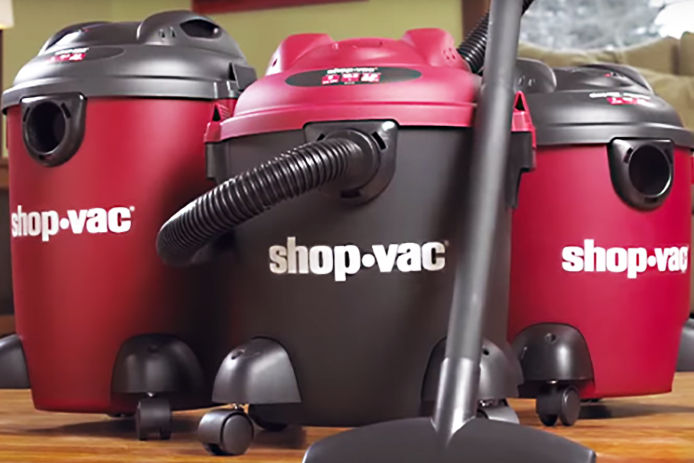
If your projects tend to make large messes, or if you have a wood shop in your garage, a large capacity tank would best fit your needs. Smaller, portable vacuums can be conveniently stored and are perfect for living conditions with limited space.
2. Consider the Performance You Want
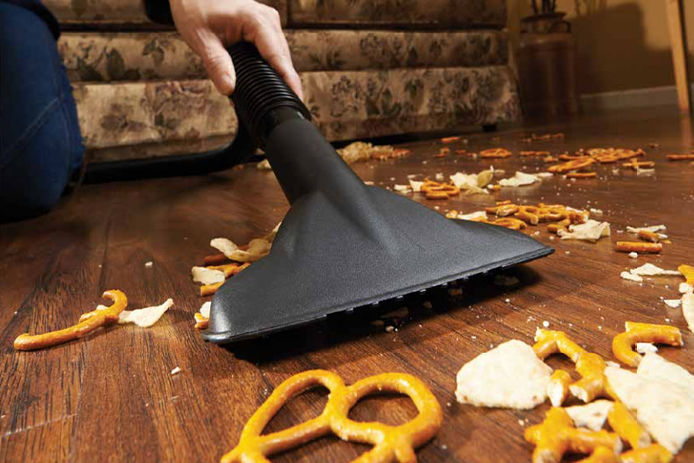
When testing the performance of a Shop-Vac the term peak horsepower is used. This refers to the output of the motor, including the motor’s inertial contribution, achieved in laboratory testing. Numbers aren’t the only thing you need to compare to understand performance. Let’s take a look at sealed pressure, cubic feet per minute, and air-watts or air power.
- Sealed Pressure best describes the suction pressure, usually measured in inches of water. Sealed pressure is measured by testing how many inches of water a vacuum will lift up a glass tube. If the rating is greater the 75 it is considered a high-end utility vacuum cleaner.
- Cubic feet per minute or CFM, rates the maximum airflow the vacuum can achieve at its largest opening. If you are picking up fine debris or dust, you will want to consider looking for a vacuum with a higher CFM rating.
- Air-Watts or Air Power (AP), is all about picking up the heavy stuff. We’re talking bolts, nuts and washers. The higher the AP number means there is a higher airflow at the inlet for the dirt.
3. Choose the Right Filter for the Job
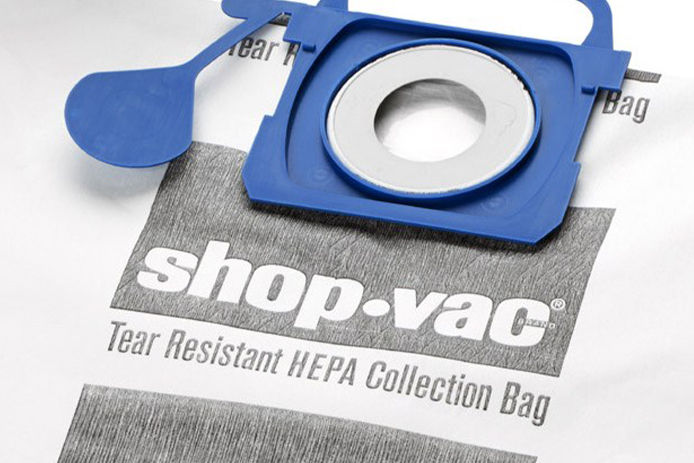
Always check with the manufacture to insure you’re getting the right filter for your Shop-Vac. If the wrong filter is used than there could be dust and water blowing back into the air. For large debris pick up look for filters with a general household filtration level or better. For medium debris purchase a medium filtration level or better and for fine debris look for a fine filtration level. For wet debris it is recommended to use a foam sleeve over your filter. HEPA cartridge filters are available to use if you have allergies.
4. Figure Out the Length/ Size of the Hose You Will Need
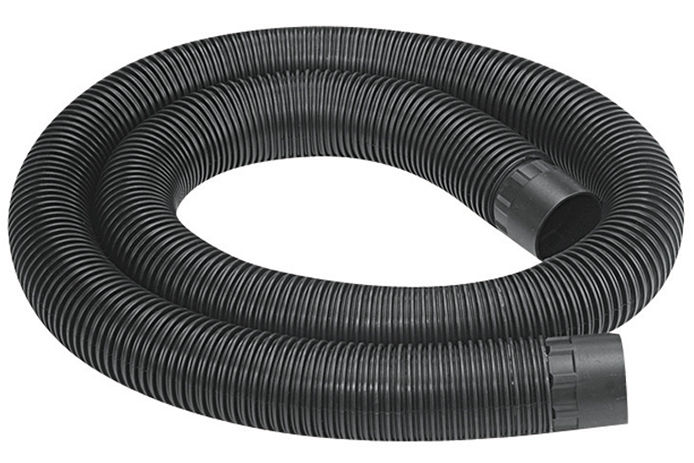
Consider what you will be using your wet-dry vac for the most. Will you need a wider or thinner hose to clean up debris? Hoses usually start with a width of 1.25 inches and can get as wide as 2.5 inches. The wider the hose the bigger debris is can suck up. Also consider the length of the hose. Longer hoses means reduced suction.
5. Will You Need a Blower Port/ Detachable Blower

Detachable blowers are extremely nice if you have hard to reach areas or want to use it for yard clean up. It’s like buying two tools for the price of one!
6. Consider One with a Tank Drain
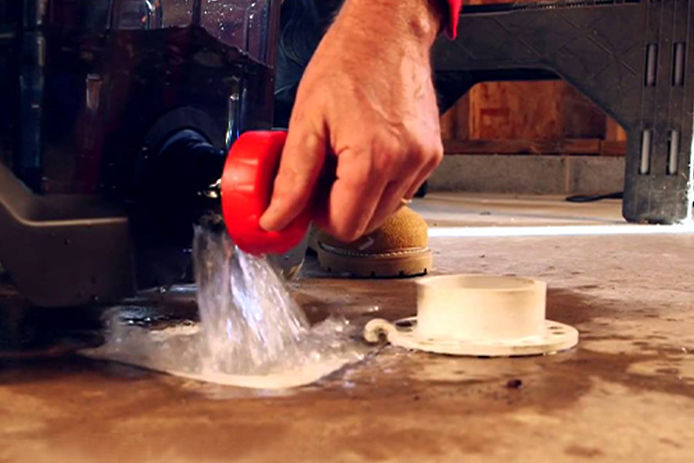
Having an extra drain on the bottom of your wet-dry vac, allows for easier drainage. If you plan on sucking up a lot of water look for the feature if you want to make life easier.
7. Should You Get a Plastic or Stainless Tank
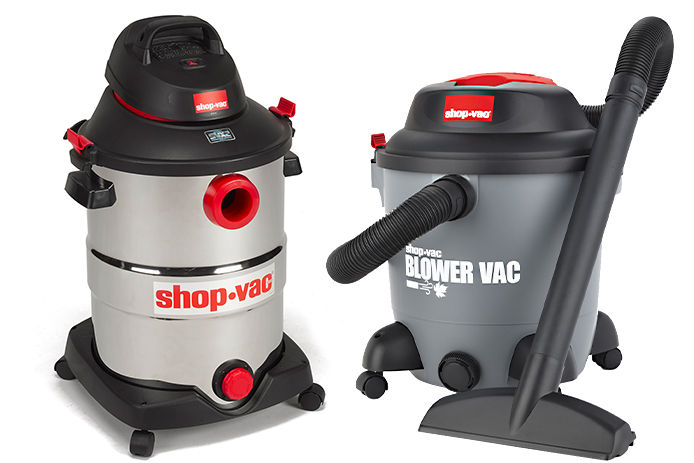
The difference between these two types of tanks are simple. Plastic tanks will be lighter in weight and won’t dent. Stainless steel tanks are going to be slightly heavier but durable and easier to clean. Go with one that will suit your cleaning needs.
If you are looking for a wet-dry vac that can suck up dirt from the entire soccer team, or just one for small jobs around the house, we've has got you covered.

